Bankruptcy is governed by Title 11 of the United States Code, commonly called the Bankruptcy Code. The chapters of this code govern the process of bankruptcy, which is why we refer to a “Chapter 7” bankruptcy. (The chapters run to 15, although there are only 9 current chapters, because several have been repealed over the years.)
A Chapter 7 bankruptcy is one of the two most common forms of bankruptcy for individuals or married couples (as opposed to businesses). Typically, if you are facing personal bankruptcy, you will choose between either a Chapter 7 bankruptcy (“liquidation”) or a Chapter 13 bankruptcy (“wage earner’s”).
In a Chapter 7 bankruptcy, your assets are handed to a trustee for liquidation to pay off your debts, except for exempted personal and real property. While keeping all your property under Chapter 13 may sound more attractive than liquidation, a Chapter 7 claim can be a quicker and cheaper way to wipe away your debts than a Chapter 13 repayment plan, if you’re eligible.
A Chapter 7 claim typically requires no more than about 6 months and a filing fee of $338. In this form of bankruptcy, your debts are wiped away clean and your creditors are basically left out in the cold. That means there are strict limits on when you can employ this get-out-of-debt free card and what you can keep at the end of the process.
CAN I FILE UNDER CHAPTER 7?
To file a Chapter 7 claim, there are two major requirements:
- You can’t have received a “bankruptcy discharge” in the last 6 years for a prior Chapter 13 or 8 years for a prior Chapter 7. A bankruptcy discharge is the court-issued document that gives you a “clean slate” from debt liability at the end of a Chapter 7 or 13 bankruptcy. So in other words, you have to wait a significant amount of time before you can file for bankruptcy a second time.
- If your income is higher than the median average income in California, you have to pass a “means test” to determine if you have sufficient disposable income to pay off a portion of your unsecured debts. In this case, you will have to file for Chapter 13 to pay off a certain portion of your debts on a fixed repayment schedule (36-60 months). Similarly, if your bankruptcy schedules show a significant net income, the court can convert your bankruptcy into a Chapter 13.
WHAT CAN I KEEP?
Any non-exempt assets will be liquidated and distributed to your creditors. So what can you keep?
Exemption for personal property is governed by the “exemption tables.” In California, you can use the state tables or the federal table outlined in the Bankruptcy Code. California has two separate tables for homeowners with equity and homeowners or renters without equity.
The specifics and limitations are complex and depend on which table you use, but typically you will be able to claim exemptions for various household and career-related items up to certain dollar values, plus certain benefits like unemployment or social security. You will need to carefully assess qualifying items and how they are exempted under each system.
Making exemptions is not the time to panic and try to save everything. If the trustee sees that you have mistakenly categorized an exemption, they will probably try to correct it with you informally, but if it becomes clear that you are attempting to “game the system,” they will file an objection with the court. Intentionally failing to supply accurate information to the court can be considered bankruptcy fraud, which carries hefty fines and sentences.
CAN I KEEP MY HOME?
Maybe. Under the old exemption amounts, it was unlikely that you could exempt sufficient equity to avoid the sale of your home. However, the new amounts that were effected on January 1st, 2021, make it much more likely that you can keep your home in a Chapter 7 bankruptcy using the California table for homeowners with equity. See our new post “Bankruptcy: California Homestead Exemption Increase” for more detail.
Determining the best bankruptcy strategy and how to protect your assets under the complicated exemption guidelines is a very difficult prospect. Your best first step is contact an experienced California attorney who knows how to protect your home and assets!


